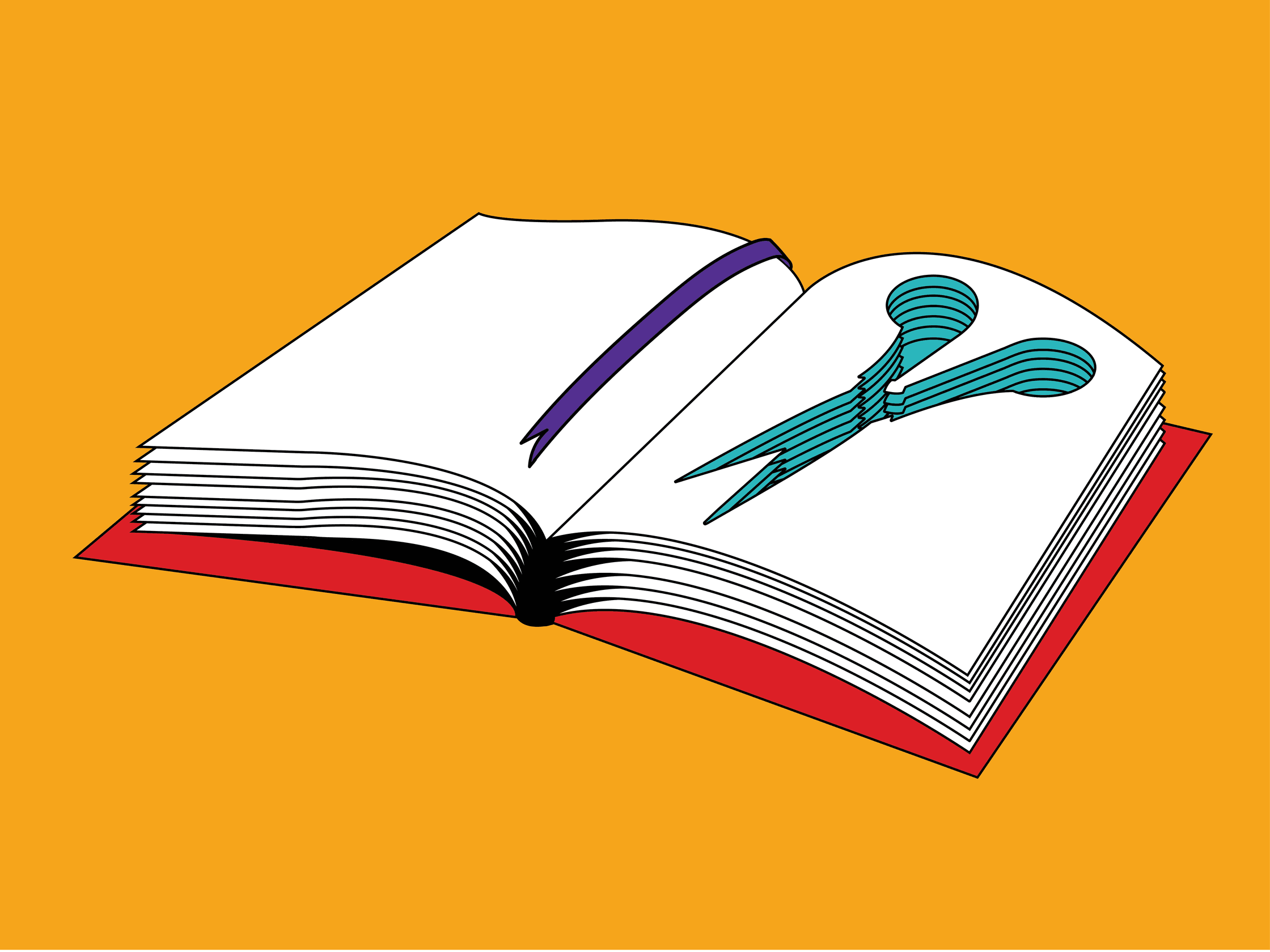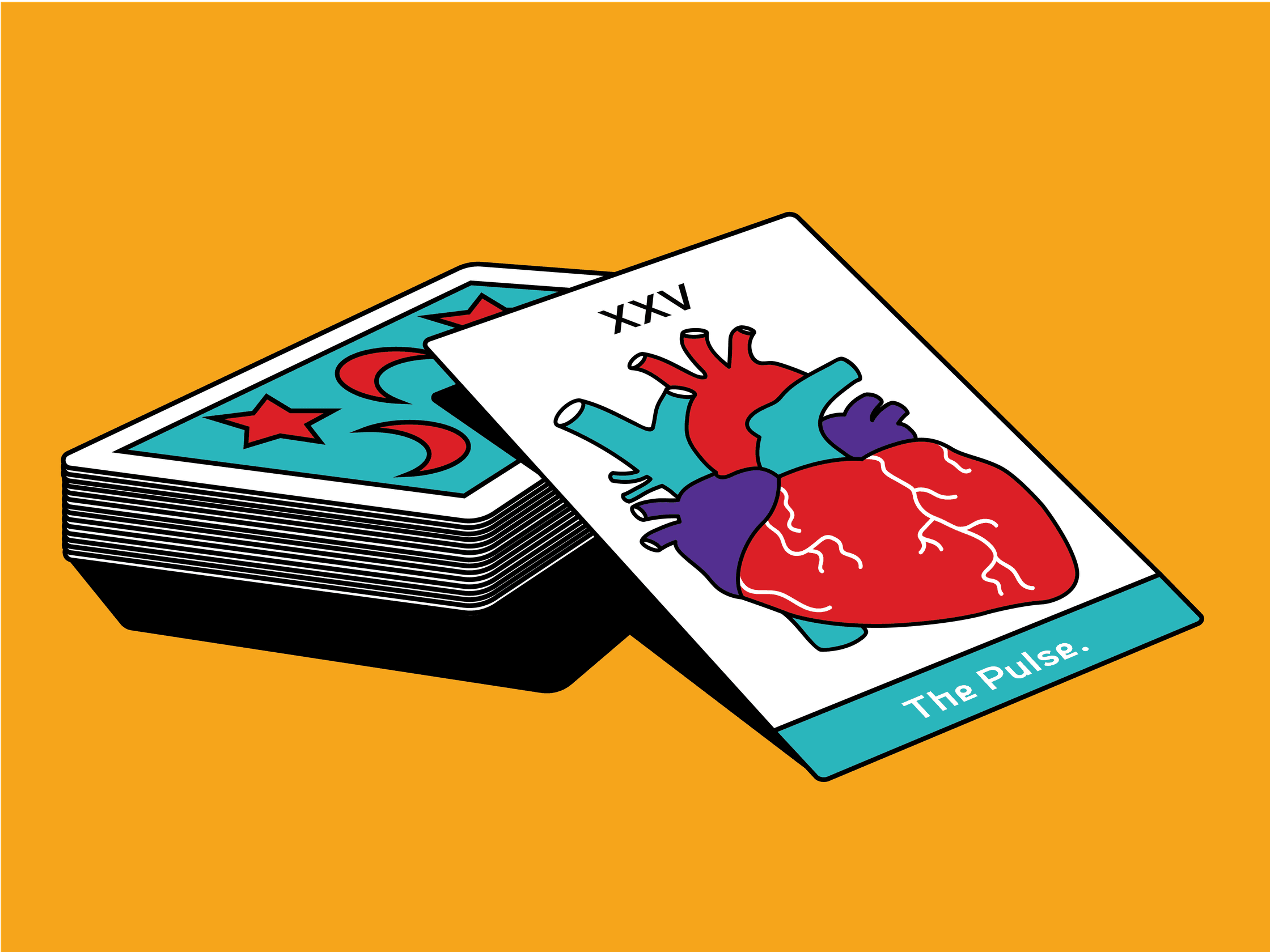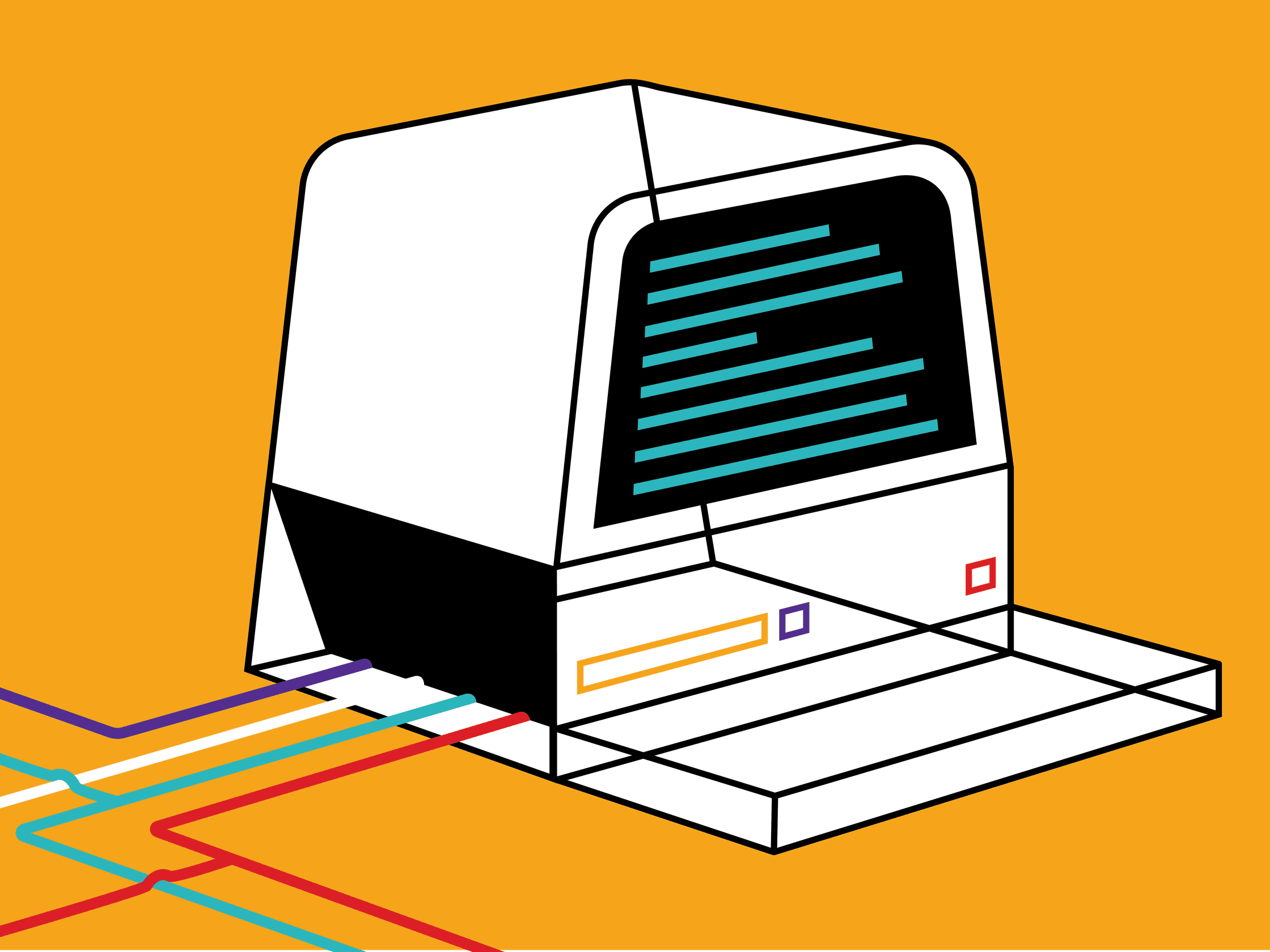Karien Vermeulen from Waag has been fighting for years to put maker education on the agenda. In addition to courses for children (FabSchool) and the opening of Makerspaces in Amsterdam neighbourhoods in collaboration with the Public Libraries, she also focuses on the education world itself. For example, by organizing the FabLearn conference at the Makerfaire in Eindhoven this year, where the story of maker education will be told.
What exactly is maker education?
In short, maker education is about 'learning by making'. It connects children's creativity with technology in order to contribute to knowledge construction instead of knowledge transfer. You see that children have enormous creativity in solving problems if you give them the freedom to make a solution yourself. An important pioneer in creative education, Seymour Papert, describes it as follows: 'The role of the teacher is to create conditions for inventions, instead of offering ready-made knowledge.'
Why is this so important to educate children in?
For the jobs of the future, we do not yet know exactly which skills are required. What we do know is that creativity, problem-solving skills and digital literacy will become more important. Many problems will become cross-sectoral. Maker education tries to prepare children for this. By teaching problem-based and holistic, children learn to deal with uncertainty and build their self-confidence in this. Making something physical helps children in the consciousness to add something to the world. Ultimately, this results in self-reliant and critical citizens.
What is the last thing you have made yourself?
Honestly, I am not the greatest creator myself, apart from a single nutty work from time to time. The last thing I made, I think, was an Artbot, a very simple but fun exercise with an old motor from an electric toothbrush, pencils and paper.
What is different about DIY Education, in relation to handcrafts, technology courses, etc.?
Maker education is not super new. But 'making it yourself' was a bit lost and undervalued. Due to the availability of new technologies and tools, you see a revaluation of making yourself, you can now 'make' a lot more. What distinguishes creative education from handcrafts, is the holistic and problem-driven approach that tries to combine different courses.
The FabLearn conference in September (during the Makerfaire) is about this subject, what do you most look forward to?
I actually have two things that I'm really looking forward to. Edwin Dertien will give a workshop on how to make a new robot from old toys. A bit like Simone Giertz does via her Youtube channel.
And in addition, the presentation and performance of Sam Aaron is, as far as I am concerned, the banging conclusion of the day. Sam Aaron is the maker of Sonic Pi; a simple programming language to programme music. Sam will provide a performance in which he encodes the music live on stage. Did I mention that tickets are still available?


